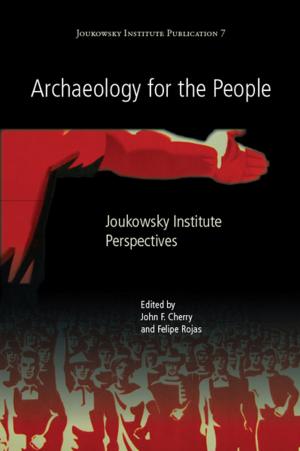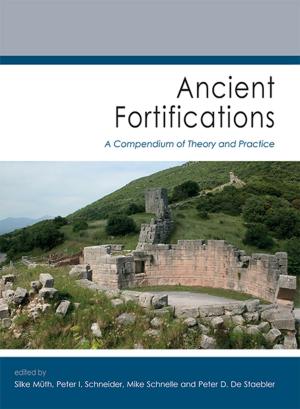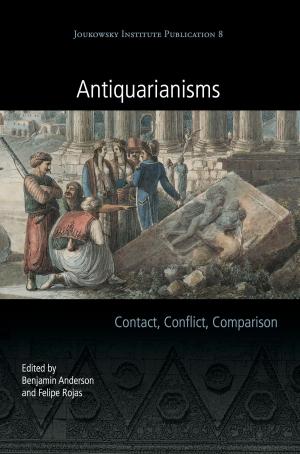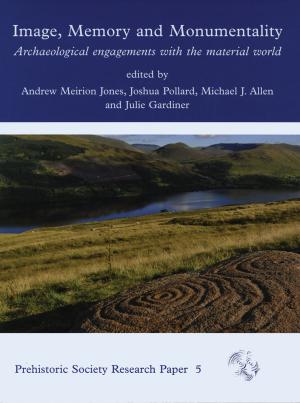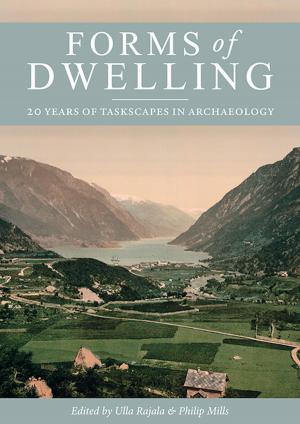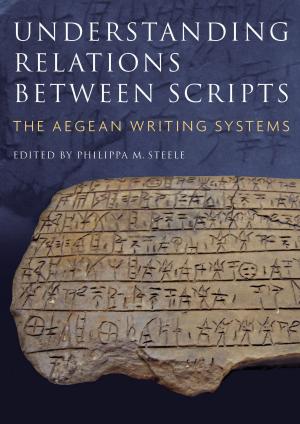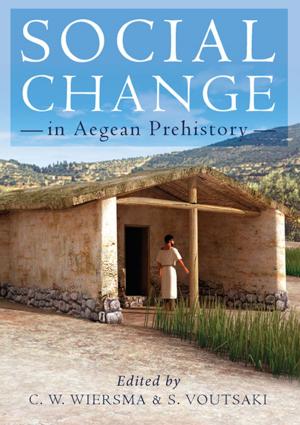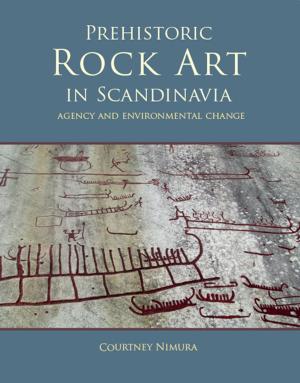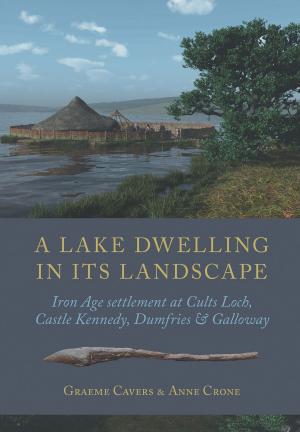Ariconium, Herefordshire
an Iron Age settlement and Romano-British 'small town'
Nonfiction, Social & Cultural Studies, Social Science, Archaeology, History, Ancient History, British| Author: | Robin Jackson | ISBN: | 9781842179338 |
| Publisher: | Oxbow Books | Publication: | July 15, 2012 |
| Imprint: | Oxbow Books | Language: | English |
| Author: | Robin Jackson |
| ISBN: | 9781842179338 |
| Publisher: | Oxbow Books |
| Publication: | July 15, 2012 |
| Imprint: | Oxbow Books |
| Language: | English |
The Roman 'small town' of Ariconium in southern Herefordshire has long been known as an important iron production centre but has remained very poorly understood. The town is suggested to have developed from a late Iron Age Dobunnic tribal centre, which owed its evident status and wide range of contacts to control of the production and distribution of Forest of Dean iron. Rapid expansion during the second half of the 1st century AD indicates that the local population was able to articulate rapidly with the economic opportunities the Roman conquest brought. The town developed as a typical small roadside settlement and a major iron production centre but a heavy reliance on ironworking appears to have made it especially vulnerable to the economic decline of the latter part of the 4th century. Some role as an administrative and political centre can be suggested during the late 4th century and may be implicated in the survival of the name Ariconium in the early medieval kingdom of Erynyg or Archenfield, however, firm archaeological evidence for any continuing occupation remains elusive.
The Roman 'small town' of Ariconium in southern Herefordshire has long been known as an important iron production centre but has remained very poorly understood. The town is suggested to have developed from a late Iron Age Dobunnic tribal centre, which owed its evident status and wide range of contacts to control of the production and distribution of Forest of Dean iron. Rapid expansion during the second half of the 1st century AD indicates that the local population was able to articulate rapidly with the economic opportunities the Roman conquest brought. The town developed as a typical small roadside settlement and a major iron production centre but a heavy reliance on ironworking appears to have made it especially vulnerable to the economic decline of the latter part of the 4th century. Some role as an administrative and political centre can be suggested during the late 4th century and may be implicated in the survival of the name Ariconium in the early medieval kingdom of Erynyg or Archenfield, however, firm archaeological evidence for any continuing occupation remains elusive.

